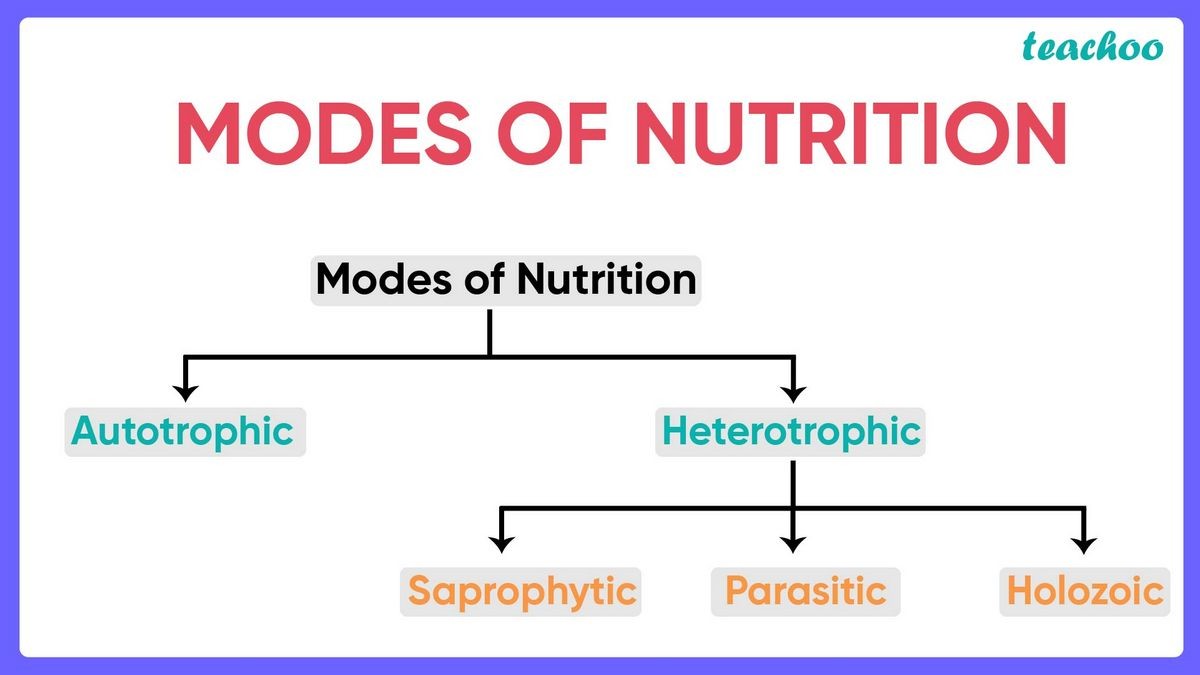
Contents
7 Types of Nutrition
Each major nutrient group serves a distinctive purpose in the body, and all 7 are crucial as they work together to support good health.
A healthy, well-balanced diet fuels everyday activities and promotes lifelong well-being.
Macronutrients vs. Micronutrients
Nutrition is the process of obtaining energy from dietary sources for metabolic and development purposes. There are two types of nutrients: macronutrients (required in large quantities) and micronutrients (required in small quantities).
Both macro and micronutrients are necessary for biological needs.
Water
Water is crucial for survival, accounting for 60% of the human body. It is essential for various bodily activities, such as waste disposal, temperature regulation, lubrication of joints, and nutrient transportation.
Stay hydrated by drinking at least 8 cups of water daily and consuming water-rich meals, such as vegetables and fruits. Avoid dehydrating beverages like soda and coffee.
Carbohydrates
Carbohydrates are the body’s primary source of energy. They come in the form of sugars, fibers, and starches, which are converted into glucose to fuel the body.
Carbohydrates can be classified into two types:
- Simple carbs: naturally sweet foods and foods with added sugars
- Complex or starchy carbs: whole grains, legumes, vegetables, and fruits
Avoid readily digestible simple carbohydrates, such as refined bread, pasta, and sugary foods, as they quickly convert to energy and excess energy is stored as fat.
Fiber
Fiber is found in fruits, vegetables, and grains. It can be divided into two types:
- Soluble fiber: enhances digestion and helps reduce cholesterol
- Insoluble fiber: helps the digestive system and prevents intestinal disorders
Include at least 18 grams of fiber in your daily diet by choosing whole grain foods, eating fruits, and incorporating peas, lentils, and beans into your meals.
Fats
Fats are necessary for a healthy body. They can be classified as healthy or unhealthy based on their benefits or risks.
Choose plant foods like nuts, seeds, and plant oils for unsaturated fatty acids. Limit saturated fatty acids from meat and dairy products, and avoid trans fatty acids from processed and deep-fried foods.
Limit saturated fat intake to less than 10% of daily calories to avoid health risks like heart disease.
Protein
Protein is the most abundant component in the human body. It is made up of amino acids, some of which are essential and must be obtained from food.
Meat, dairy products, nuts, and grains contain protein. Animal products provide all the essential amino acids, while plant proteins need to be combined to meet the body’s requirements.
Include protein in your daily diet, as the body does not store it like fats or carbs.
Vitamins
Vitamins support various body functions and help convert food into energy. Consume fresh and unprocessed foods to acquire more vitamins.
Choose locally grown fruits and vegetables, lightly cook vegetables, and use cooking methods that preserve vitamin content.
Minerals
Minerals are inorganic substances that help with body functions like bone formation, muscle function, immunity, and energy production.
There are two types of minerals: major minerals and trace minerals. Include foods rich in minerals in your diet to avoid deficiencies.
Magnesium, for example, is involved in over 300 enzyme systems and is necessary for protein synthesis, muscle function, blood glucose management, and blood pressure regulation.
Subscribe to MedicineNet’s Weight Loss/Healthy Living Newsletter
By clicking "Submit," I agree to the MedicineNet Terms and Conditions and Privacy Policy. I also agree to receive emails from MedicineNet and I understand that I may opt out of MedicineNet subscriptions at any time.


